Transforming conservation for a thriving future
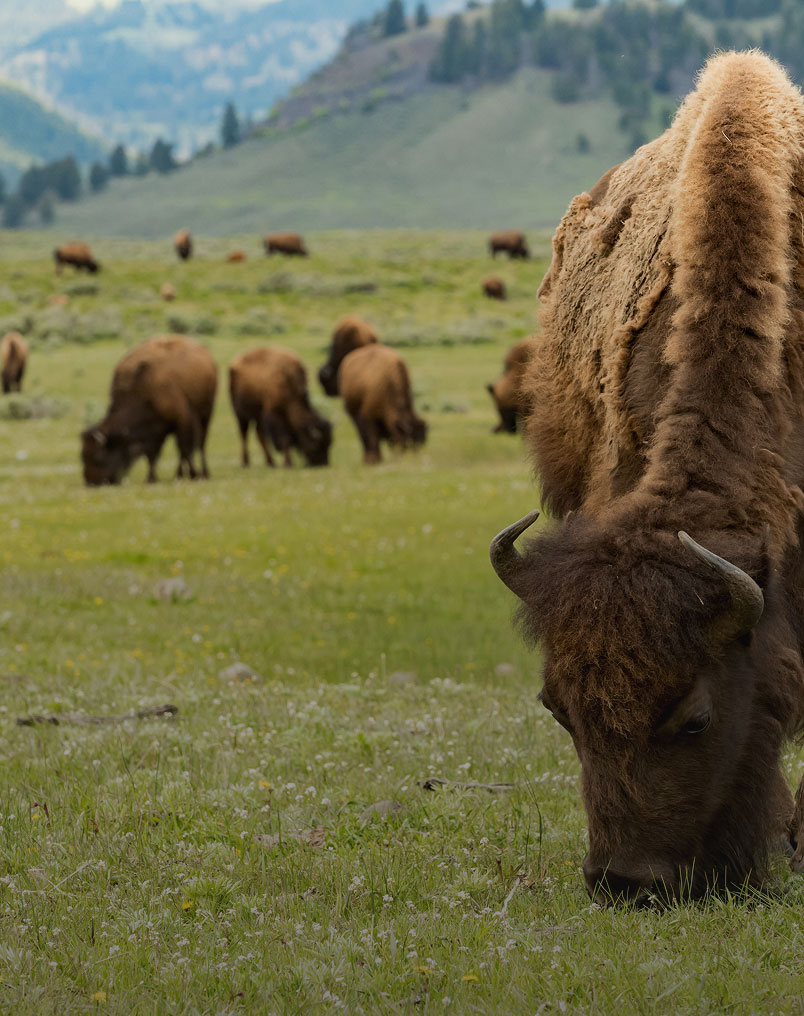
School of
Conservation Futures
Our conservation challenges demand a new approach.
To meet the demands of our conservation and biodiversity challenges, how universities train learners will be equally as crucial as how many learners we train to meet workforce needs.
The Rob Walton School of Conservation Futures will create and advance a global conservation community and workforce that reflects the communities we serve and which is better prepared to protect and restore the diversity of life on Earth in a complex and rapidly changing world.

Subscribe to receive updates
from our programs, events and research opportunities as they become available. The official launch date for the School of Conservation Futures is contingent upon final governance processes.
A different kind of school
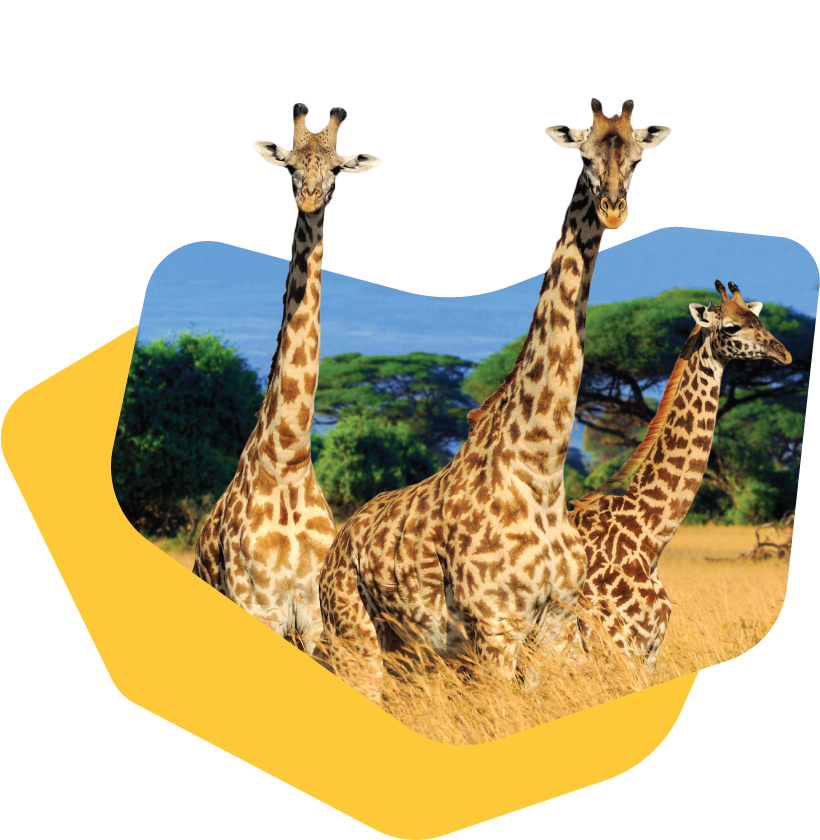
Place-based and global
Rooted in Tempe, with hubs in conservation-critical locations worldwide, including Hawai’i.
Embedded in real-world impact
Deep partnerships with conservation organizations, government agencies and local communities.
Expanding the definition of expertise
A mix of tenure-track, career faculty, Professors of Practice, visiting scholars and practitioners shaping solutions in real time.
A dynamic faculty model
Challenging traditional boundaries of scholarship by valuing diverse knowledge systems and lived experience.
Focused on four objectives
Build a learning system—including curriculum, environment and pedagogy—that intertwines diverse knowledge systems and types of expertise.
The School of Conservation Futures weaves together diverse knowledge systems and connects with frontline communities to co-create a solution-oriented education system. Incorporating real-world examples of conservation efforts worldwide is one of the many ways this school will work beyond typical academic silos and approach education through an innovative lens.
Co-design and implement holistic, transformative models for teaching and learning, including experience- and place-based learning.
The School of Conservation Futures will directly engage learners as doers who support real conservation projects and learn alongside field-based practitioners and leaders. To do so, the school and its partners will develop holistic, transformative models for instruction, integrating scholarship with practical skills. Degree and professional programs will be driven by and co-designed with practitioners and local and Indigenous leaders, with an emphasis on the experiences and skills that should be taught in new ways.
Partner with employers, practitioners and funders to create and scale inclusive and viable pathways into the workforce, ensuring strong ties between learning content and the needs of the many sectors that influence conservation outcomes—from conservation science and practice to finance, policy, innovation, education and more.
The School of Conservation Futures creates new paths into the workforce, focusing on shifting mindsets, funding priorities and culture towards a scalable model of paid, entry-level positions in conservation organizations. This approach expands job opportunities, transforms the volume and composition of the conservation workforce, provides learners with appropriate knowledge, tools and experience for a variety of career paths and includes career placement support.
Embeddedness in communities enables the School of Conservation Futures to shape relevant career opportunities.
Expand access and success for a more diverse set of learners and practitioners.
Positioned within ASU, with a mandate to expand educational access, the School of Conservation Futures will be “measured not by whom it excludes, but by whom it includes and how they succeed.” The school will cultivate a strong community of practice by developing programs that support the experiences and aspirations of all learners, including those from local and Indigenous communities.
Serving a range of learner audiences
Learn more about all of the School of Conservation Futures learning opportunities.
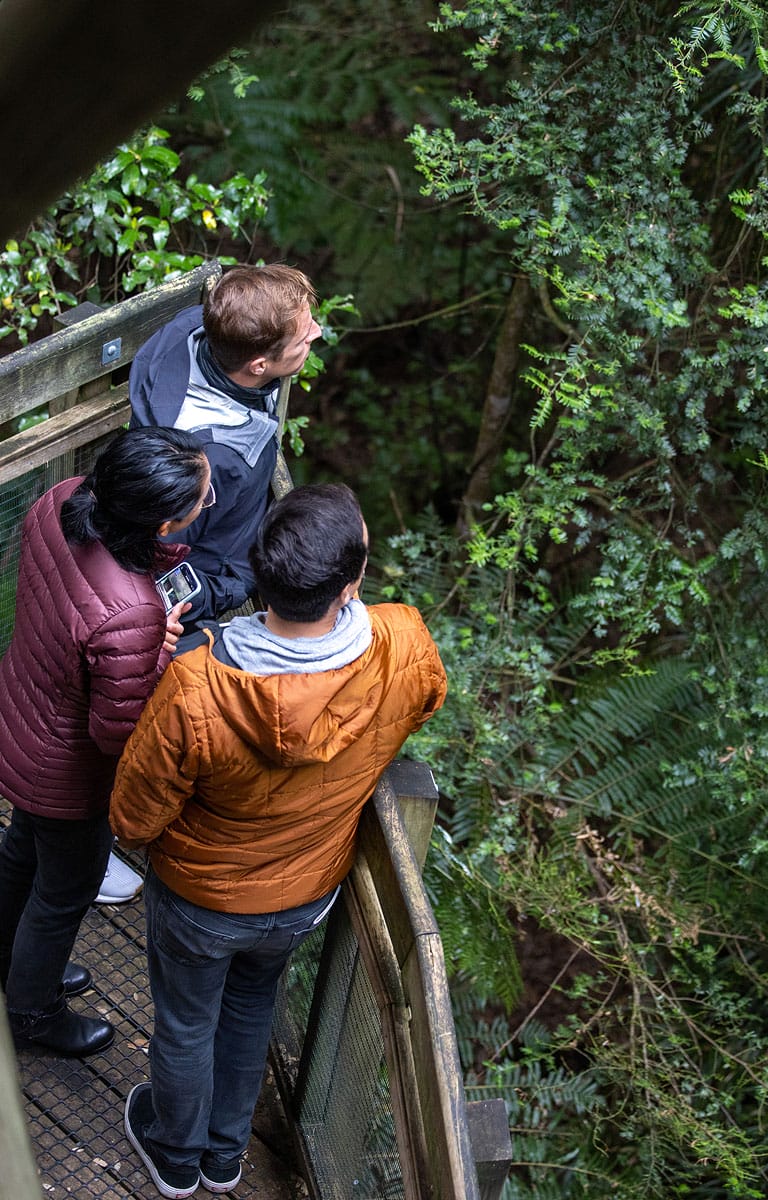
Professionals
Organization employees seeking to deepen their impact, especially those in NGOs or field-based roles, by upskilling in areas like conservation finance, policy navigation and tech-enabled solutions to advance their organization’s mission.
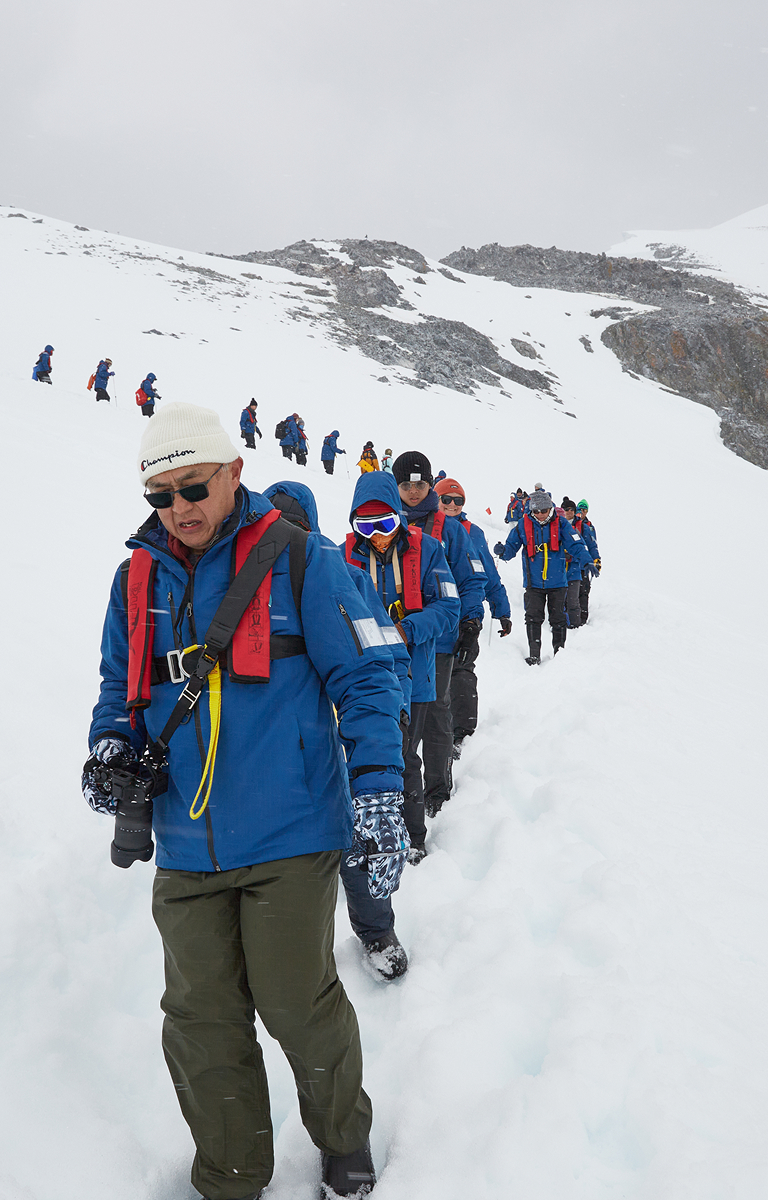
Leaders
Executives in the public and private sectors who are expanding their influence in conservation-related work and seeking leadership development, strategic partnerships and access to a global peer network of decision-makers.
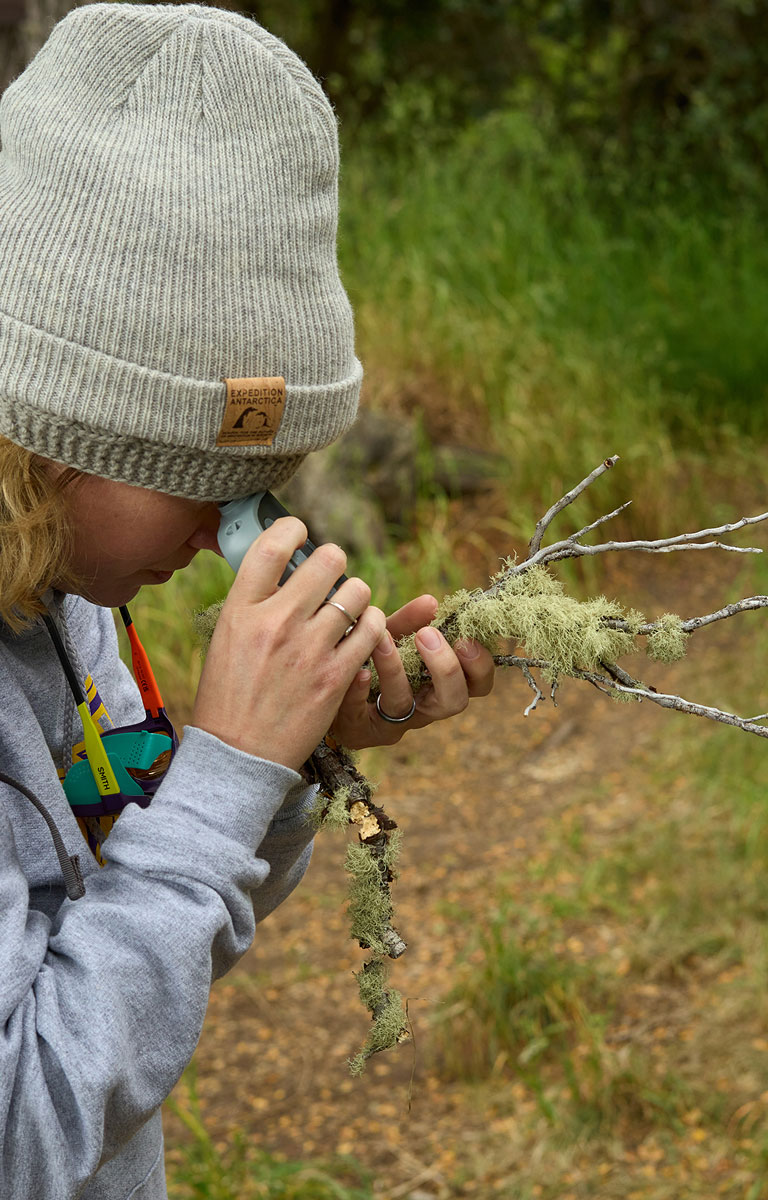
Youth
Early-career learners and youth interested in purpose-driven pathways who would benefit from hands-on field experiences, exposure to emerging green careers and mentorship that bridges traditional knowledge with contemporary practices.

Policymakers
Policymakers pursuing flexible, on-demand learning with access to real-time policy case studies, expert networks and global conservation frameworks to inform evidence-based decision-making.
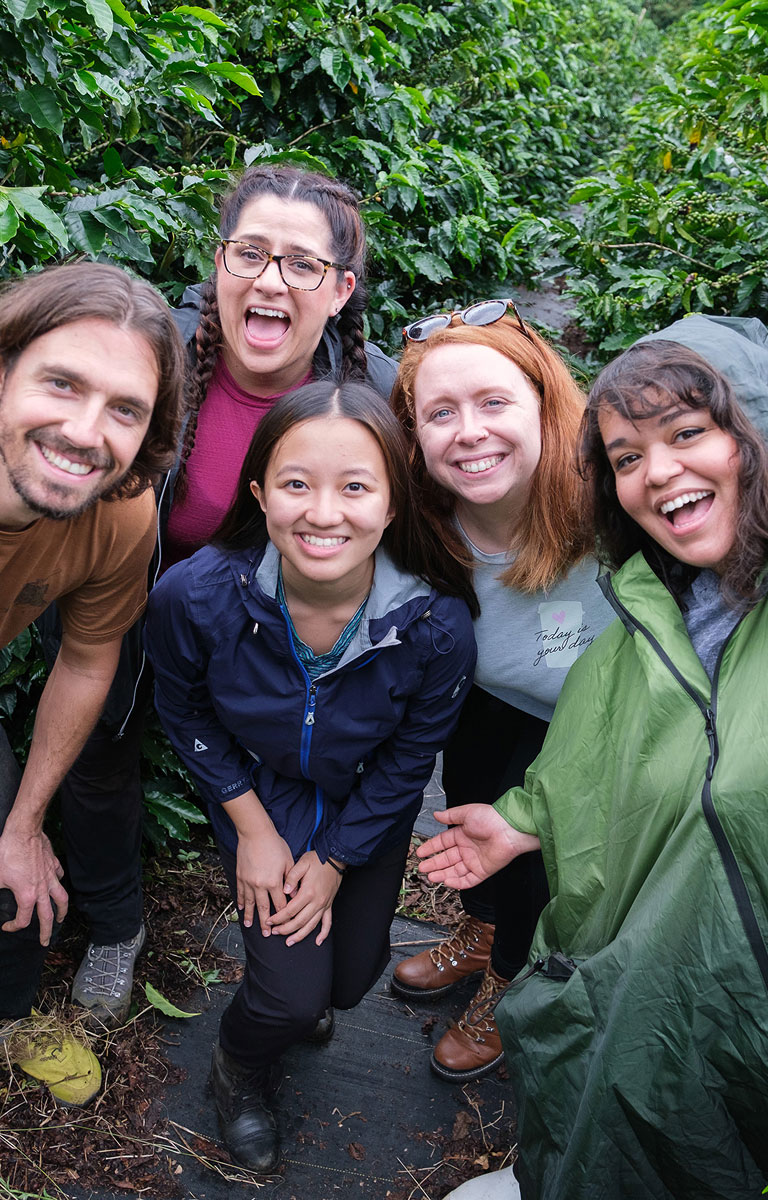
Students
Undergraduate and graduate students seeking experiential learning through real-world conservation projects, interdisciplinary collaboration and storytelling-driven knowledge exchange from diverse practitioners.
Conservation news
Start exploring programs
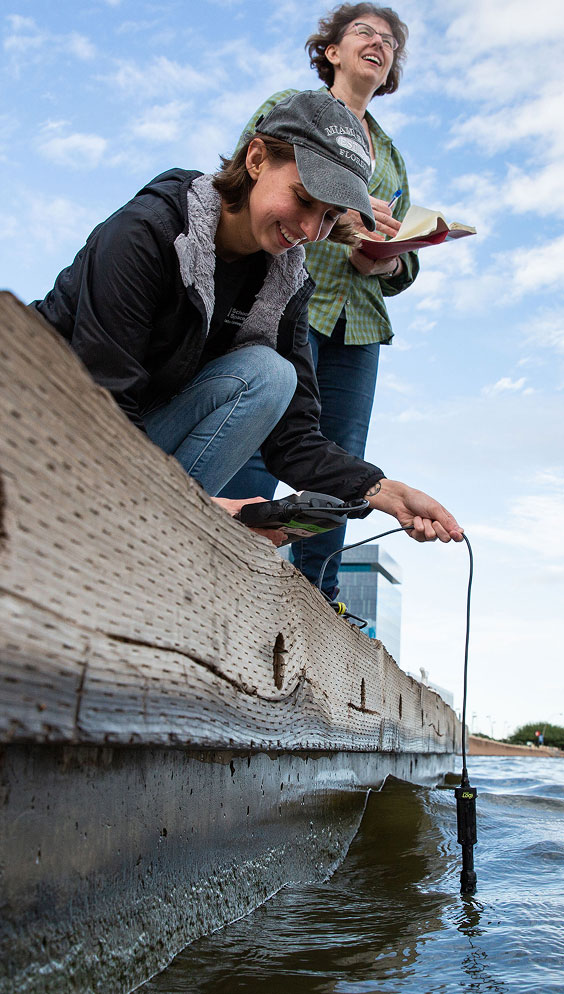
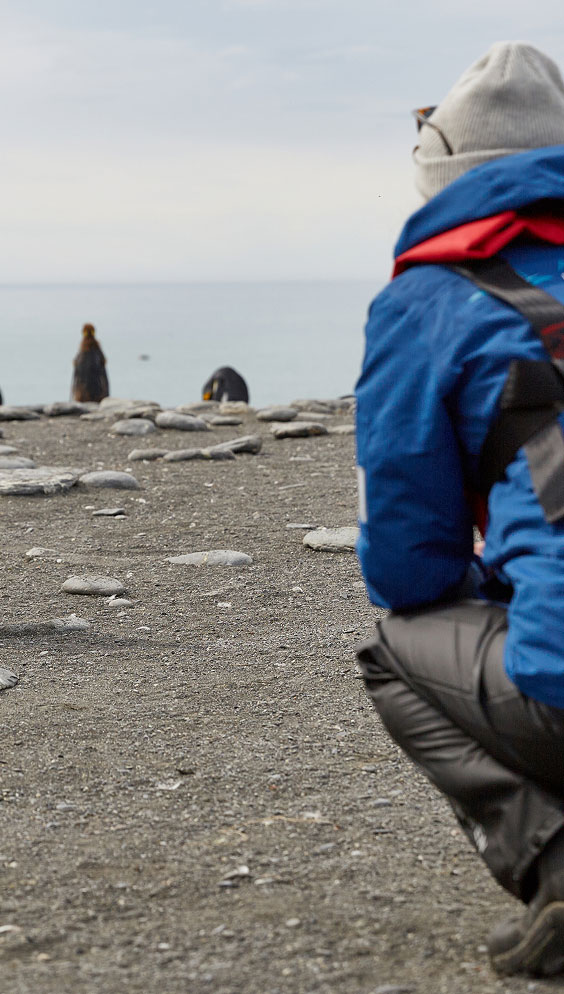


Indigenous cultures acknowledgment
The ASU Rob Walton School of Conservation Futures recognizes that opportunities to shape the future rely on the knowledge, wisdom and practices of those who came before us.
In that spirit, we join partners across the university in acknowledging the twenty-two Native Nations that have inhabited this land for centuries, including the Akimel O’odham (Pima) and Piipaash (Maricopa) Indian Communities, whose care and keeping of these lands and traditions allow us to be here today.
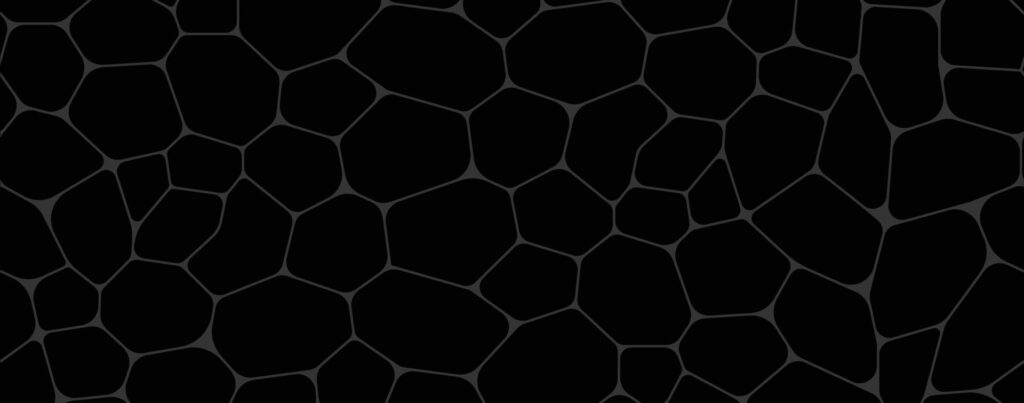
Stay connected with us
Sign up for our newsletter to stay up-to-date on everything happening with the School of Conservation Futures, from events to course offerings.